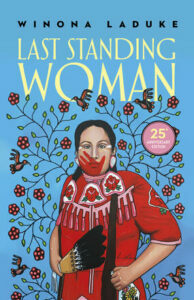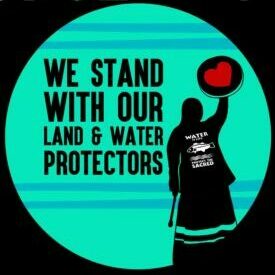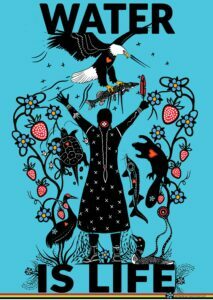Minnesota regulators OK rare fund to decommission new Enbridge pipeline
Under the deal, Enbridge will pay more than $61 million a year into the trust fund until Oct. 1, 2041. That's 20 years after the pipeline started operating. The company estimated decommissioning the new pipeline will cost $1.25 billion.









